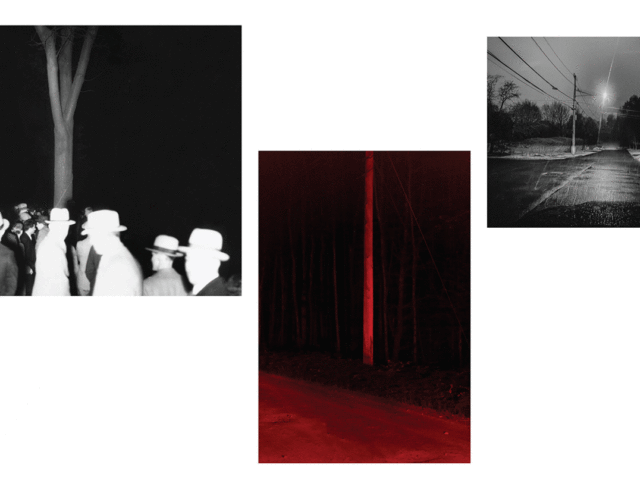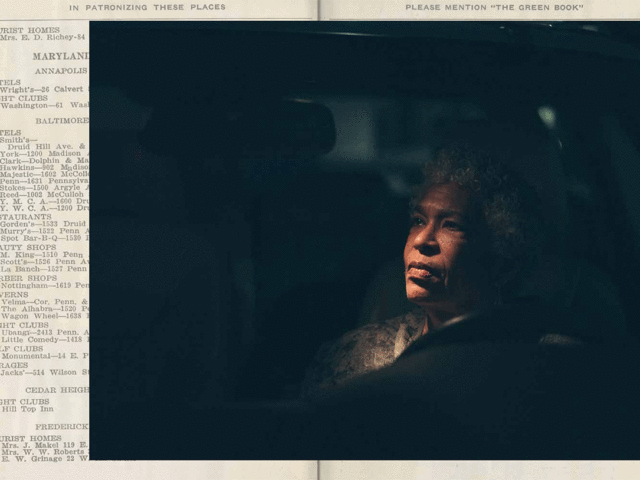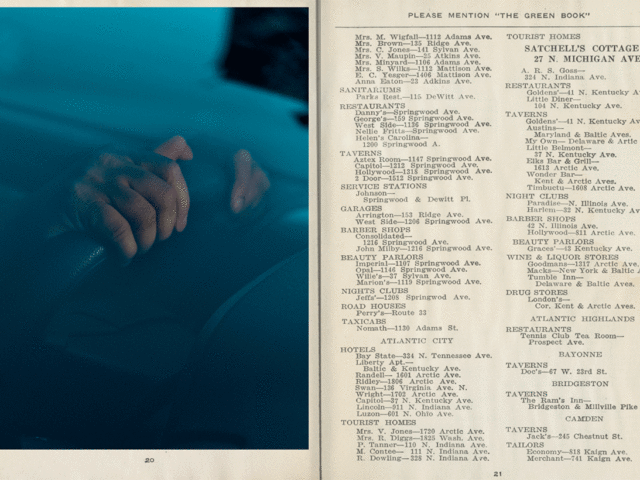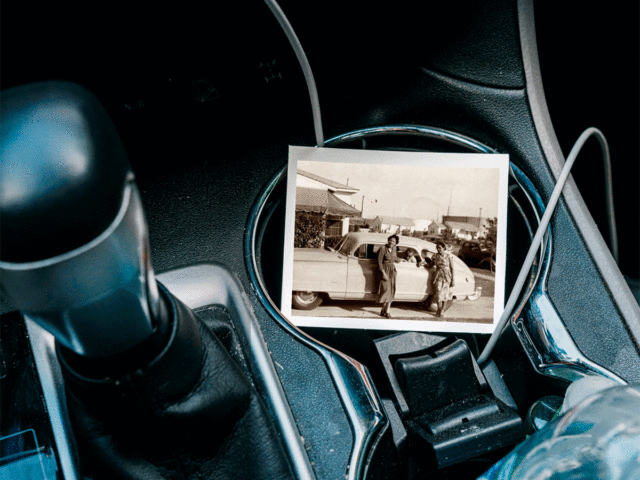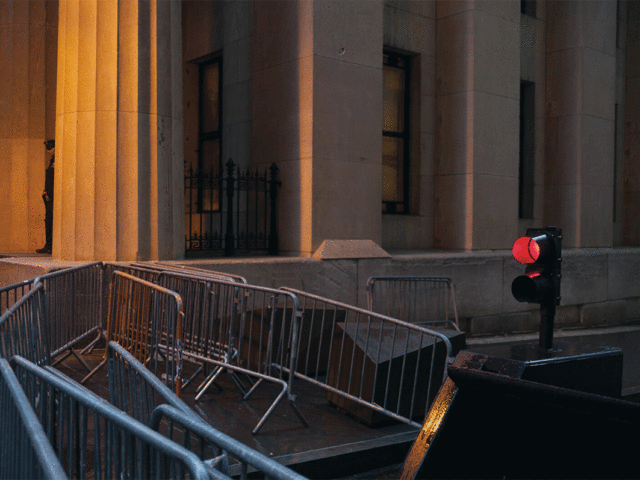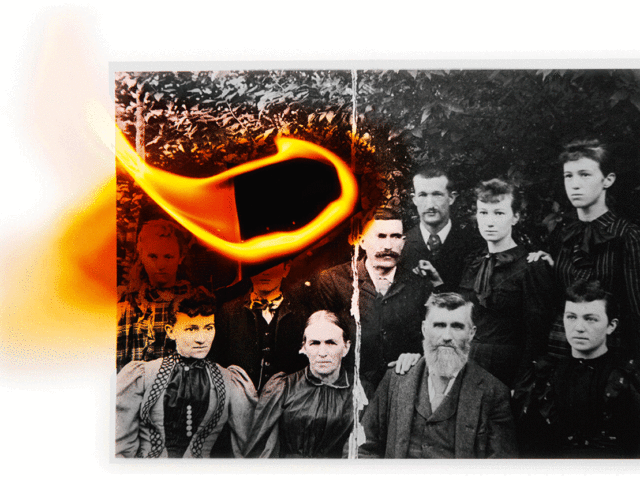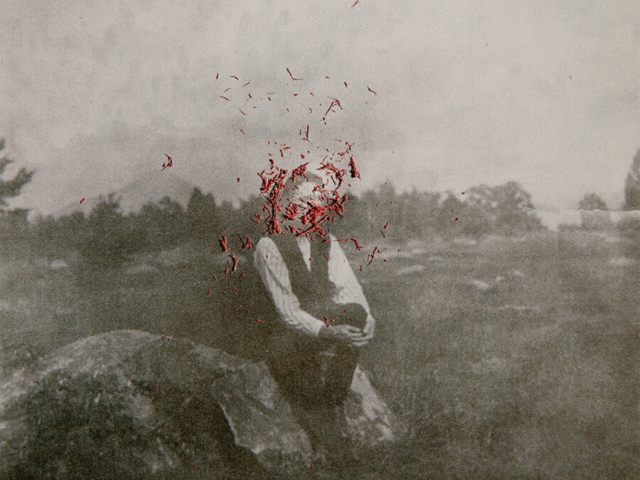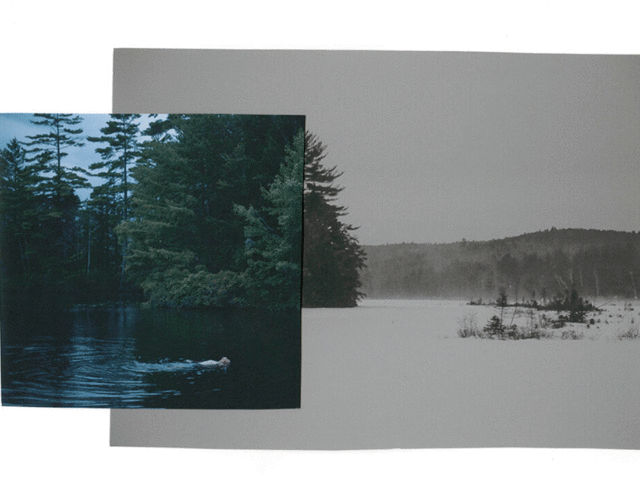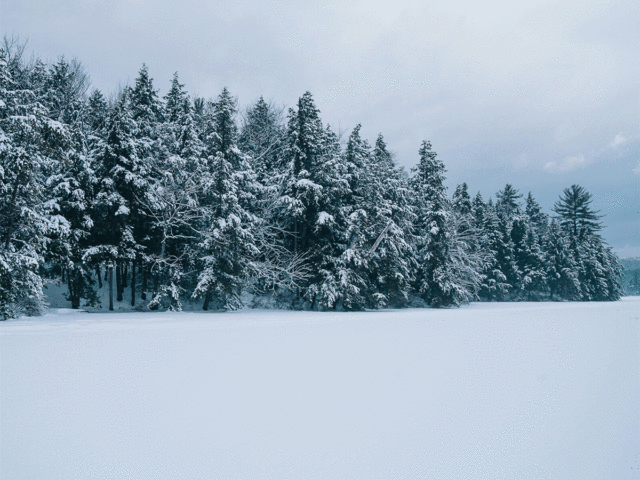Amani Willett
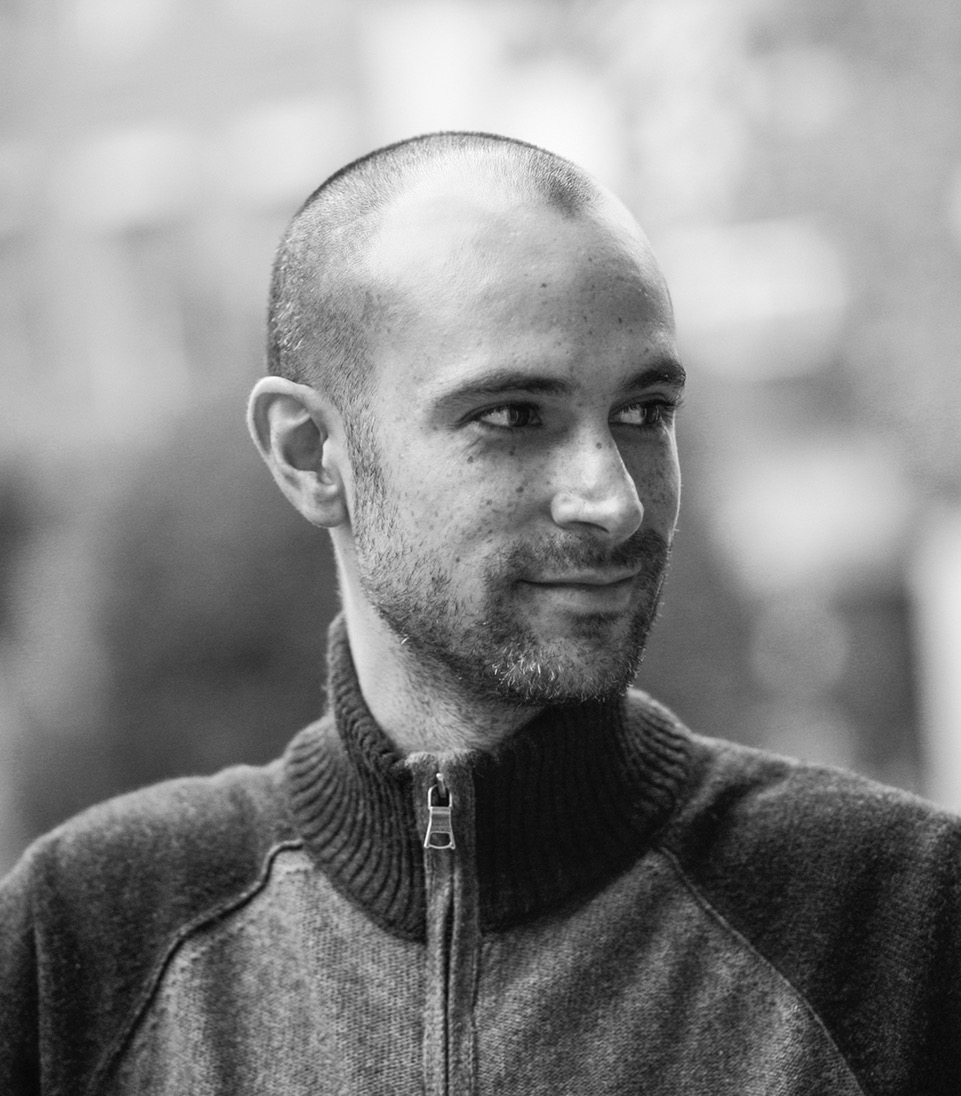
About
Amani Willett (https://www.amaniwillett.com/) Amani Willett is a Brooklyn and Boston-based photographer whose practice is driven by conceptual ideas surrounding family, history, memory, and the social environment. Working primarily with the book form, his three monographs have been published to widespread critical acclaim. Disquiet (Damiani, 2013) and The Disappearance of Joseph Plummer (Overlapse, 2017) and “A Parallel Road (Overlapse 2020)” were selected by Photo-Eye as “best books” of the year and have been highlighted in over 70 publications including Photograph Magazine, PDN, Hyperallergic, Lensculture, New York Magazine, 1000 Words, NPR, The British Journal of Photography, Collector Daily and Buzzfeed and recommended by Todd Hido, Elisabeth Biondi (former Visuals Editor of The New Yorker), Vince Aletti and Joerg Colberg (Conscientious), among others. Amani’s photographs are also featured in the books American Geography (SF Moma/Radius Books, 2021), Bystander: A History of Street Photography (2017 edition, Laurence King Publishing), Street Photography Now (Thames and Hudson), New York: In Color (Abrams), and have been published widely in places including The Atlantic, American Photography, Newsweek, Harper’s, The Huffington Post, The New York Times, The New York Times Magazine and The New York Review of Books. His work resides in the collections of the Tate Modern, The Library of the Museum of Modern Art, The Museum of Fine Arts, Boston, The Sir Elton John Photography Collection, The Museum of Fine Arts, Houston, Oxford University, and Harvard University, among others. Amani completed an MFA in Photography, Video and Related Media from the School of Visual Arts, NY in 2012 and a BA from Wesleyan University in 1997.In addition to his artistic practice, Amani is an Assistant Professor of Photography at the Massachusetts College of Art and Design in Boston.
Gallery
LACP Interviews Amani Willett
LACP asks Amani Willett ten questions about his background, career in and beliefs about photography
Los Angeles Center of Photography: What kind of photographer are you?
Amani Willett: I guess I’m a story-teller . . . . and much of my work ends up becoming a book. I’m interested in the various ways single images or a sequence of images can be used to tell stories. Most of my work examines American history, personal identity and social constructs in ways that are impressionistic rather than journalistic or didactic.
LACP: How long have you been shooting?
AW: Oh gosh – a long time. I started with street photography in the late 1990s and have progressed from there. I’ve worked as an editorial and commercial photographer, a photo editor, an artist and educator.
LACP: Where did you get your training?
AW: My first immersive experience with the medium was working at Magnum Photos. At the end of most days I would go to the library at the back of the office and look at all the contact sheets. And many of the agency photographers were really generous with their time. I’d speak with a few of them often to learn more about their experience, the industry and also ask them technical questions. Many years later I went on to get my MFA from the School of Visual Arts in New York City.
LACP: When did you know you wanted to devote your life to photography?
AW: I don’t know if I ever decided to devote my life to photography, I just know I’ve never been able to stop using the medium as a means of expression. I’ll keep doing so until I don’t feel excited to communicate with form any longer.
LACP: Did you ever come close to giving up?
AW: Oh yes. Many times. Photography, like a lot of art, takes patience and resilience. It requires working through an idea or figuring out how to visually communicate what’s in your head. So most of the time what I make doesn’t work but it helps me build towards my goal. This reality can, at times, be quite frustrating. But once you get to a point in a project where everything starts to click, it’s such a wonderful feeling. You remember why you fell in love with photography in the first place.
LACP: Have you sacrificed anything by being a photographer?
AW: Sure. Some stability, a clearly defined career path, probably earning potential. But what I’ve gained is for me more important than what I’ve had to give up.
LACP: What have you gained by being a photographer?
AW: The ability to keep being curious about the world. I learn so much with each project I do about a new topic, myself, the people I photograph. I love reading about culture and forcing myself to think critically about images and how they function in society. The way we make and use images is evolving so quickly
and thinking about this not only can teach us about photography but also helps us to learn about the world we inhabit, how we communicate with one another and what we value. Being a college professor is also such an amazing opportunity. I learn so much from the conversations I have with my students about what is important to them and how they visualize and frame the world around them.
LACP: What do you love most about teaching?
AW: Helping students not only work through project ideas but also aiding them in coming to a better understanding and why they gravitate towards certain subjects. Teaching is an art form where I get to help students access what they already possess by asking the right questions and being willing to go on a journey with them.
LACP: What advice would you give someone who is thinking about making a career in photography?
AW: It really depends on the type of photography someone is interested in pursuing. That being said, they need to absolutely love making and working with images because most likely, the success they have within the field will be the personal fulfillment they get from their work and from the community they engage, not a financial windfall.
